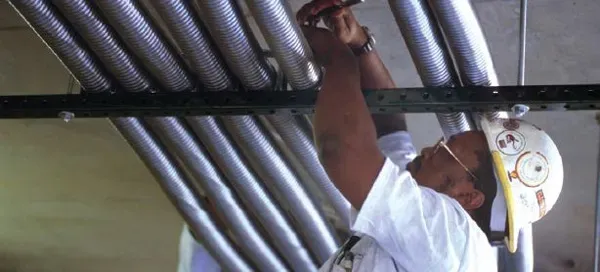Nov . 13, 2024 14:39 Back to list
cast steel valve
An Insight into Cast Steel Valves Applications, Benefits, and Considerations
Cast steel valves are essential components in various industrial applications, serving as crucial control devices in fluid systems. These valves are designed to regulate flow, pressure, and direction of fluids or gases in pipelines and other systems. The manufacturing process involves casting molten steel into the desired shape, offering distinct structural advantages that are acclaimed across multiple industries.
Types of Cast Steel Valves
Cast steel valves come in multiple types, each engineered for specific operational needs. The most common types include gate valves, globe valves, ball valves, and check valves.
1. Gate Valves These valves are designed for on/off control with minimal pressure drop. They feature a wedge-shaped gate that moves up and down when operated, making them ideal for applications requiring full flow.
2. Globe Valves Engineered for throttling and flow regulation, globe valves have a spherical body and an internal baffle that helps direct flow. They are commonly used in situations requiring precise control.
3. Ball Valves Recognized for their quick operation, ball valves use a spherical disc (the ball) to stop or allow flow. Their robust design makes them suitable for high-pressure applications.
4. Check Valves Primarily used to prevent backflow in a system, check valves automatically close when fluid reverses direction, thereby protecting pumps and other equipment from damage.
Benefits of Cast Steel Valves
The advantages of cast steel valves have made them a preferred choice in various sectors, including oil and gas, water processing, and power generation
. Some of the key benefits include1. Durability Cast steel valves are known for their strength and resilience. The manufacturing process yields valves that can withstand high pressures and temperatures, making them suitable for harsh environments.
2. Corrosion Resistance While steel can be susceptible to corrosion, cast steel valves can be treated with various coatings or alloys to enhance their resistance to corrosion, ensuring longevity and reliability.
cast steel valve

3. Cost-Effectiveness Compared to other materials like stainless steel or exotic alloys, cast steel presents a more economical solution for many applications. The ability to manufacture these valves in large quantities also contributes to lower costs.
4. Versatility Cast steel valves can be manufactured to meet specific industry standards and custom requirements, making them versatile for diverse applications. They can be found in everything from municipal water systems to chemical processing.
5. Maintenance Their robust construction typically requires less frequent maintenance than other materials, reducing downtime and operational costs. Regular inspections can easily keep them in service for years.
Considerations for Selection and Use
While cast steel valves come with numerous benefits, some considerations should be addressed during selection and use
1. Operating Environment Assessing the conditions in which the valve will be used is crucial. High temperatures, corrosive materials, or significant pressure fluctuations can impact performance.
2. Pressure Ratings Each valve possesses a specific pressure rating. It is essential to choose a valve that can handle the operational pressures of the intended application to prevent failures.
3. Compatibility The fluid or gas being controlled must be compatible with the valve material. Corrosive or abrasive substances might require additional protective measures.
4. Installation and Maintenance Proper installation is key to functionality and longevity. Additionally, while maintenance needs may be lower, a routine inspection approach should be taken to ensure reliable operation.
Conclusion
Cast steel valves play an integral role in various industries, ensuring efficient flow control and system reliability. Their durability, economic efficiency, and versatility make them a go-to option for engineers and operators. However, careful consideration of the operating conditions and requirements is essential for maximizing their performance. Investing in high-quality cast steel valves ensures optimal functioning and longevity, pivotal for today’s demanding industrial environments.
Share